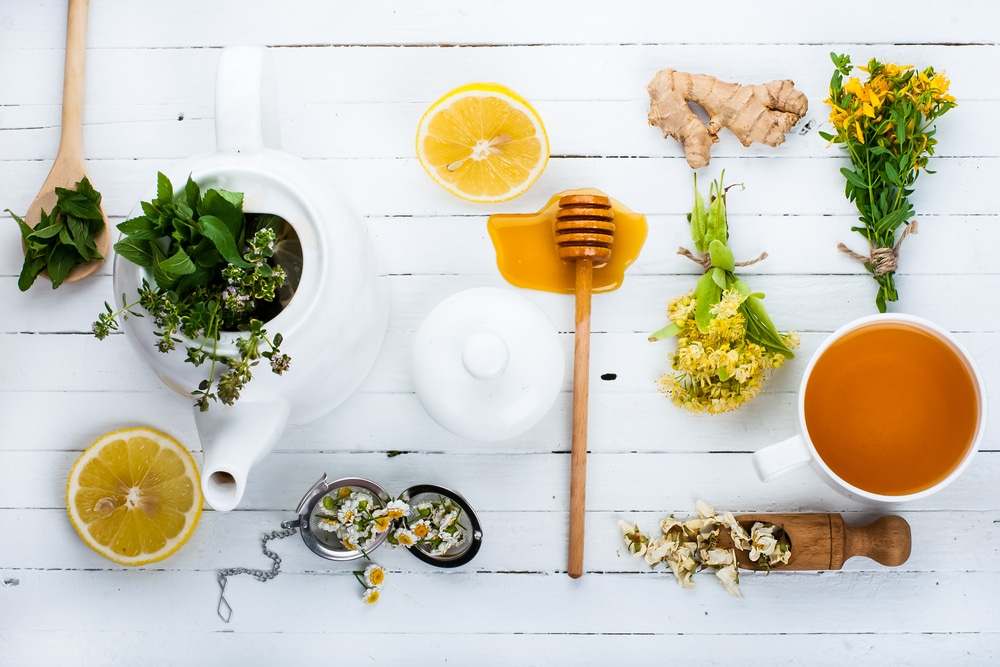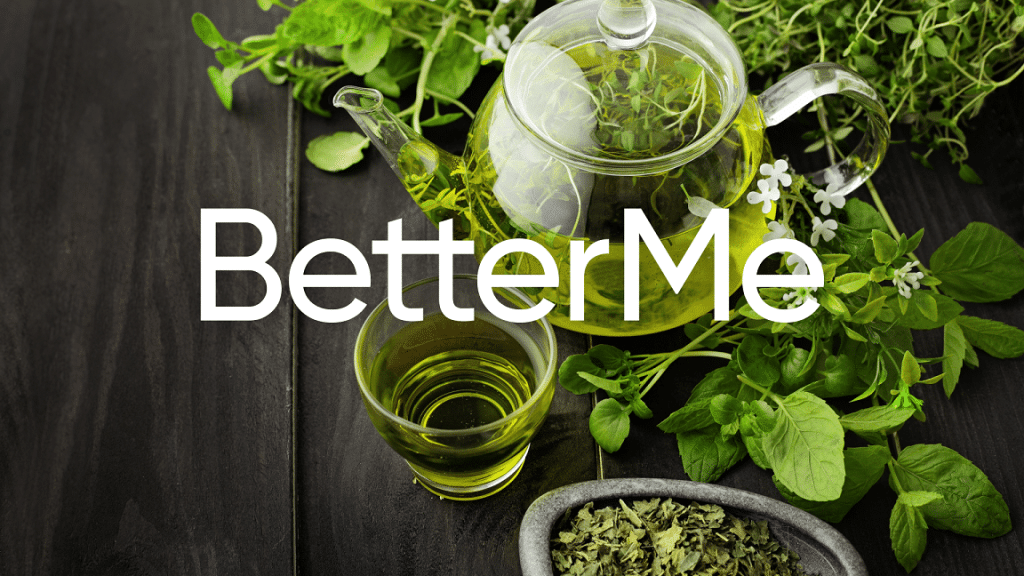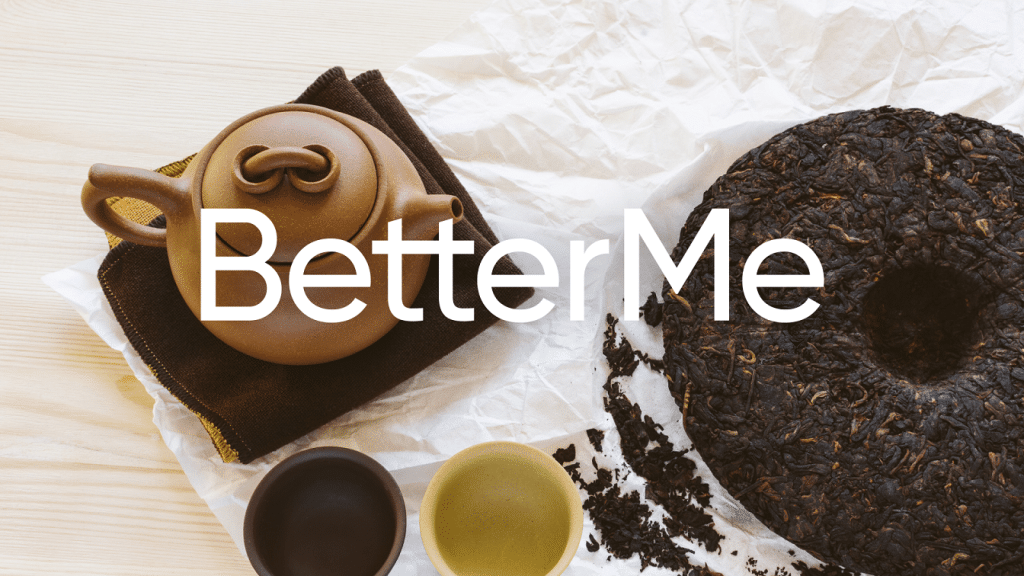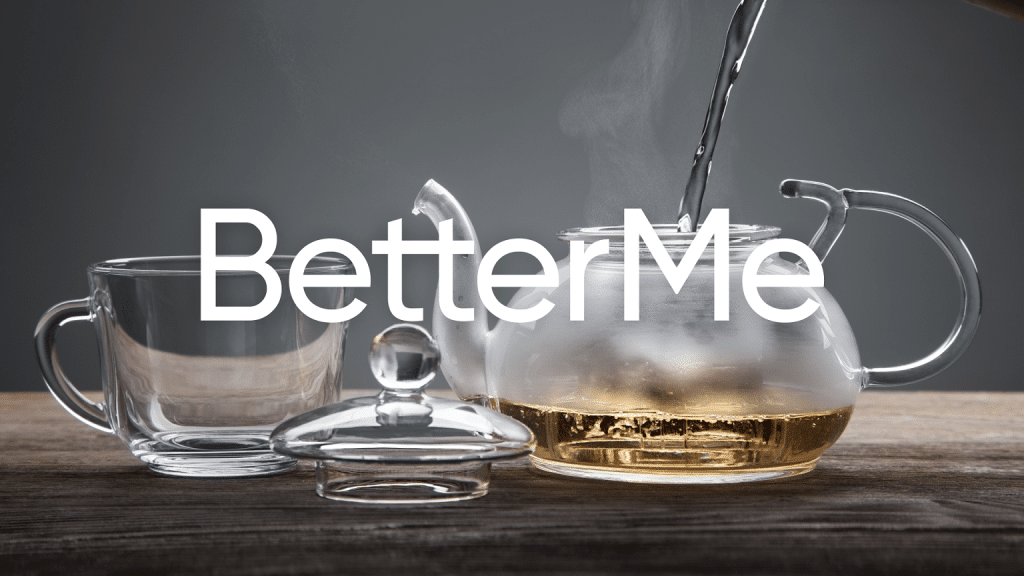If you regularly feel wiped out by noon, experience digestive issues, or other symptoms, you may think you need a detox. You’re not alone – people have been trying to rid their bodies of what they believe are toxins for maybe thousands of years. Your body has a natural detoxification system that works to eliminate toxins and harmful compounds. Consuming certain foods may boost your body’s ability to flush out toxins. Is detox tea one of those foods? Let’s review the detox tea benefits and side effects to determine whether these beverages can help you eliminate toxins.
What Is Detox Tea?
Tea is a beverage made from the leaves of plants, commonly from the Camellia sinensis plant. Different kinds of tea leaves are processed and fermented to create different types of teas such as green tea, oolong tea, black tea, and white tea (4).
Detox teas claim to help rid your body of toxins or harmful compounds. Detox teas contain various ingredients including herbs like:
- Dandelion leaf/root
- Rhubarb root
- Bitter melon fruit extract
- Senna leaf or pod (sennoside)
- Ginger root powder
- Cumin seed powder
- Chamomile flower powder
- Fennel seed powder
- Hibiscus flower powder
Other detox teas may contain diuretics like:
- Eucalyptus leaf extract
- Parsley powder
- Stinging nettle powder
Detox teas also contain laxatives like:
- Senna leaf or pod (sennoside)
- Cascara bark powder
- Rhubarb root powder
- Fennel seed extract
Tea bags are steeped in hot water to make detox tea. Some detox tea brands use natural food dyes derived from plants to color the drink.
If you wish to free yourself from all the extra pounds that have been weighing you down for way too long, start using the BetterMe app and overhaul your entire life!
What Does Detox Tea Claim?
Two of the most widely-believed health benefits of detox tea are that it can help you lose weight and improve well-being by helping to rid your body of toxins and harmful compounds (6).
While some foods like those rich in fiber can help your digestive system eliminate waste more efficiently, detox tea doesn’t fall in the category of helpful foods. If anything, it can have negative side effects due to its laxative ingredients.
Detox tea benefits weight loss temporarily. It contains diuretics that results in loss of water and electrolytes through the urine. Thus, due to water loss, the body temporarily loses weight, which returns after resuming a regular diet. Research does indicate that consumption of green tea may result in weight loss, but that would happen over time with regular consumption, not in a few days of “detoxing” (7).
Are There Any Real Everyday Detox Tea Benefits?
Some detox teas are harmless mixes of tea leaves or herbs no different than regular teas. In fact, some detox teas contain medicinal herbs that have been used for centuries to support human health and provide many health benefits. If you choose reputable brands that use organic ingredients, you may get the following benefits from those detox teas:
Liver Detoxification
Milk thistle may support liver function. Milk thistle contains powerful antioxidants and anti-inflammatory flavonoids that can help boost your liver’s natural ability to process nutrients and eliminate toxins. The antioxidants in milk thistle prevent free radical damage to the cells of your body, which potentially helps protect it from developing diseases such as cancer (10).
Cell Protection
Green tea extract combats free radicals and oxidative damage. Green tea extracts may offer protection by activating enzymes that neutralize harmful chemicals and prevent cell damage – especially when the body is subjected to environmental toxins or stress (3).
Licorice can inhibit activity of viruses and bacteria, while also stimulating white blood cell production (the ones responsible for protecting the body against infections). As a natural antioxidant, licorice can also help prevent damage to cells in the body (13). Licorice can be toxic in higher amounts, however.
Soothe Digestive Issues
Ginger can soothe digestive issues, relieve nausea due to motion sickness or pregnancy, and may reduce inflammation in people with osteoarthritis (15).
Peppermint can relieve indigestion and irritable bowel syndrome (IBS). It’s also useful for women experiencing menstrual cramps by relieving associated abdominal pain. It may even stop painful spasms in smooth muscles of organs like the intestines, uterus, stomach, and bladder (2).
Marshmallow root can relieve constipation thanks to its high mucilage content (12). Mucilage is a gooey substance that absorbs fluid, which can help soften your stool and bulk it up to make bowel movements easier (11).
Read More: 7-Day Detox Plan To Kick-Start Your Metabolism And Help You Lose Weight
Detox Tea Side Effects
Some teas contain inorganic herbs, pesticides, chemicals, and high levels of caffeine. The ingredients in detox teas aren’t regulated by the U.S. Food and Drug Administration (FDA). And recently, certain teas and other “detoxifying” weight loss products have been found to contain dangerous drugs and chemicals not advertised on the packaging.
Some of the side effects of taking detox teas with harmful ingredients include:
Diarrhea
The senna purgative in detox teas can cause diarrhea (14). Diarrhea not only makes your body lose water, but also important electrolytes like potassium, sodium, and chloride.
Using laxatives over the long run can also disrupt your normal digestion and bowel function. Instead of regularly eliminating waste, your body becomes dependent on laxatives and not fully eliminating waste which can result in a toxic colon and put you at risk for developing colorectal cancer (5). Eating a fiber-rich diet and drinking plenty of water is a better way to relieve constipation.
Electrolyte Imbalance
Laxatives used in detox tea formulations can disrupt the balance of electrolytes in your body – especially if you drink these teas on an empty stomach or for more than two weeks (17).
Electrolytes are crucial for muscle function and nerve transmission (9). For example, low levels of potassium can trigger leg cramps that feel like sudden jolts of electricity running through your muscles. Lack of calcium can affect heart rhythm.
Caffeine Overdose
Detox teas often contain high amounts of caffeine. Excess caffeine intake can cause (16):
- Rapid heart rate
- Agitation
- Anxiety
- Nausea
- Diarrhea
- Poor sleep
Detox teas may disrupt your natural sleep cycle by preventing you from entering the deeper stages of sleep – especially if they contain large amounts of caffeine (8).
Impaired Nutrient Absorption
Besides just making you feel sick and tired, some ingredients in detox tea formulations can inhibit the digestion and absorption of nutrients from food (6).
People who take vitamin supplements or medication should avoid using these teas as they may decrease the effectiveness of their intake. Some of the substances in detox teas may negatively interact with prescription and over-the-counter medications such as diuretics, heart medicines (including beta blockers), high blood pressure drugs, and diabetes medication.
Yanking yourself back in shape has never been so easy with our game-changing fitness app! Start transforming your life with BetterMe!
A Word Of Caution
Detox teas may not be right for you if you:
- Are pregnant or breastfeeding
- Don’t have regular bowel movements
- Have difficulty swallowing
- Are susceptible to dehydration
- Take certain medications like antibiotics, antihistamines, antacids, antidepressants, birth control pills, cholesterol-lowering agents (statins), immunosuppressants (cyclosporine), or pain relievers (codeine)
- Suffer from heart disease or stomach ulcers
- Have an eating disorder like bulimia
- Have gallstones
- Are susceptible to kidney stones
If you’re thinking about detox teas for weight loss, you should know there is little to no evidence they work. Many of the claims are based on weak studies or animal research, not human trials – or no research at all. And some have even been shown to be actively dangerous (1).
A few years ago, the FDA issued a warning about detox teas that contain senna, which had been linked to severe cases of liver damage and death.
Conclusion
Detox tea may help rid your body of waste in the short term, but it’s better to try and remove toxins from your diet – by avoiding harmful substances like caffeine and processed foods that can irritate your digestive system or harm your liver. You can also eat certain detox-friendly foods like cruciferous vegetables (broccoli, cauliflower, kale, etc.), berries, and citrus fruits – which contain fiber and antioxidants that help neutralize harmful free radicals. You can also support your body’s natural detoxing process by drinking plenty of water and getting enough sleep and exercise each day.
Get your personalized
meal plan!
DISCLAIMER:
This article is intended for general informational purposes only and does not address individual circumstances. It is not a substitute for professional advice or help and should not be relied on to make decisions of any kind. Any action you take upon the information presented in this article is strictly at your own risk and responsibility!
SOURCES:
- Acute Severe Hyponatremia Following Use of “Detox Tea” (2021, pubmed.ncbi.nlm.nih.gov)
- A review of the bioactivity and potential health benefits of peppermint tea (Mentha piperita L.) (2006, onlinelibrary.wiley.com)
- A Review of the Role of Green Tea (Camellia sinensis) in Antiphotoaging, Stress Resistance, Neuroprotection, and Autophagy (2019, ncbi.nlm.nih.gov)
- Chemistry and Biological Activities of Processed <i>Camellia sinensis</i> Teas: A Comprehensive Review (2019, onlinelibrary.wiley.com)
- Complications of laxative abuse (1996, researchgate.net)
- Do Detox Teas Really Work? (2020, medicinenet.com)
- Effectiveness of green tea on weight reduction in obese Thais: A randomized, controlled trial (2008, pubmed.ncbi.nlm.nih.gov)
- Effects of caffeine on sleep quality and daytime functioning (2018, ncbi.nlm.nih.gov)
- Electrolytes (2021, pubmed.ncbi.nlm.nih.gov)
- Milk Thistle – StatPearls – NCBI Bookshelf (2020, ncbi.nlm.nih.gov)
- Mucilage – an overview (n.d., sciencedirect.com)
- Pharmacological evaluation of aqueous extract of Althaea officinalis flower grown in Lebanon (2010, tandfonline.com)
- Phytochemistry, pharmacological activity, and potential health benefits of Glycyrrhiza glabra (2021, sciencedirect.com)
- Senna – LiverTox – NCBI Bookshelf (2020, ncbi.nlm.nih.gov)
- The Amazing and Mighty Ginger – Herbal Medicine – NCBI Bookshelf (2011, ncbi.nlm.nih.gov)
- The Safety of Ingested Caffeine: A Comprehensive Review (2017, frontiersin.org)
- Water and Electrolytes – Recommended Dietary Allowances – NCBI Bookshelf (1989, ncbi.nlm.nih.gov)














